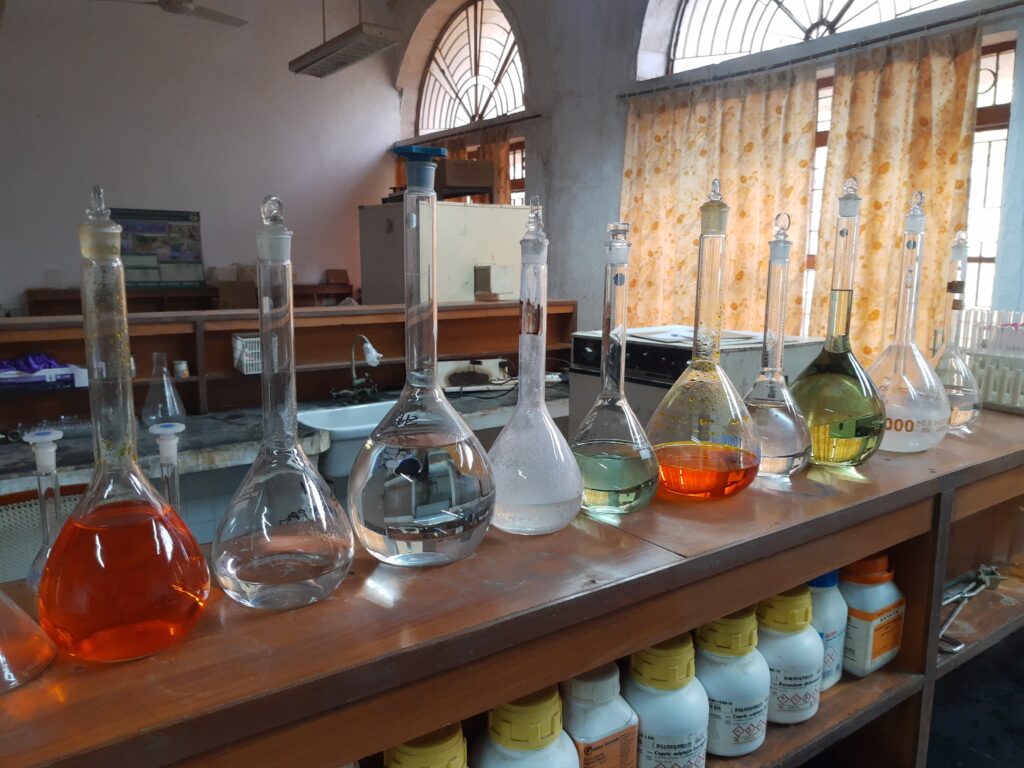Alkenes are a class of organic compounds that contain a carbon-carbon double bond and play an important role in organic chemistry.
Structure of Alkenes
Carbon and hydrogen atoms compose alkenes, which have the general formula CnH2n. Alkenes contain a double bond between the carbon atoms, comprising of one sigma bond and one pi bond. This double bond makes alkenes unsaturated hydrocarbons, as they contain fewer hydrogen atoms than the corresponding alkane.
Reactivity of Alkenes
Alkenes’ double bond makes them highly reactive, useful for many organic reactions, such as addition, polymerization, and oxidation.
Addition reactions are reactions in which a molecule is added across the double bond in an alkene, breaking the pi bond and forming a new bond between the two carbon atoms. For example, hydrogenation is the reaction of an alkene with hydrogen gas to form an alkane, in which a hydrogen atom is added to each carbon atom in the double bond.
Oxidation reactions are reactions in which an alkene is converted into an alcohol or a carboxylic acid. For example, the oxidation of ethene with an oxidizing agent such as potassium permanganate results in the formation of ethanediol.
Synthesis of Alkenes
Alkenes can be synthesized from alkanes through a process known as alkene synthesis. The most common method of alkene synthesis is the elimination reaction. In this reaction, an alkane is treated with an acid catalyst to form an alkene. For example, the dehydration of an alcohol with an acid catalyst results in the formation of an alkene.
Applications of Alkenes
Alkenes have a wide range of applications in both industrial and consumer products. Ethene is used as a starting material for the synthesis of a wide range of chemicals, including plastics, and rubber. Additionally, alkenes are used as fuels, solvents, and lubricants, among other applications.
Conclusion:
An important class of organic compounds, alkenes, play a vital role in organic chemistry due to their reactivity and versatility. A variety of chemical reactions widely use them as starting materials, and both industrial and consumer products have a wide range of applications.

